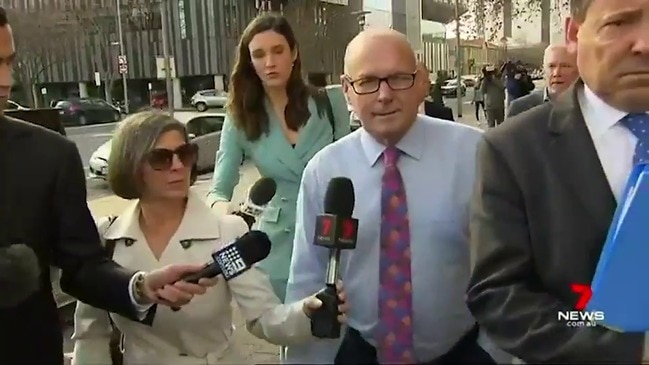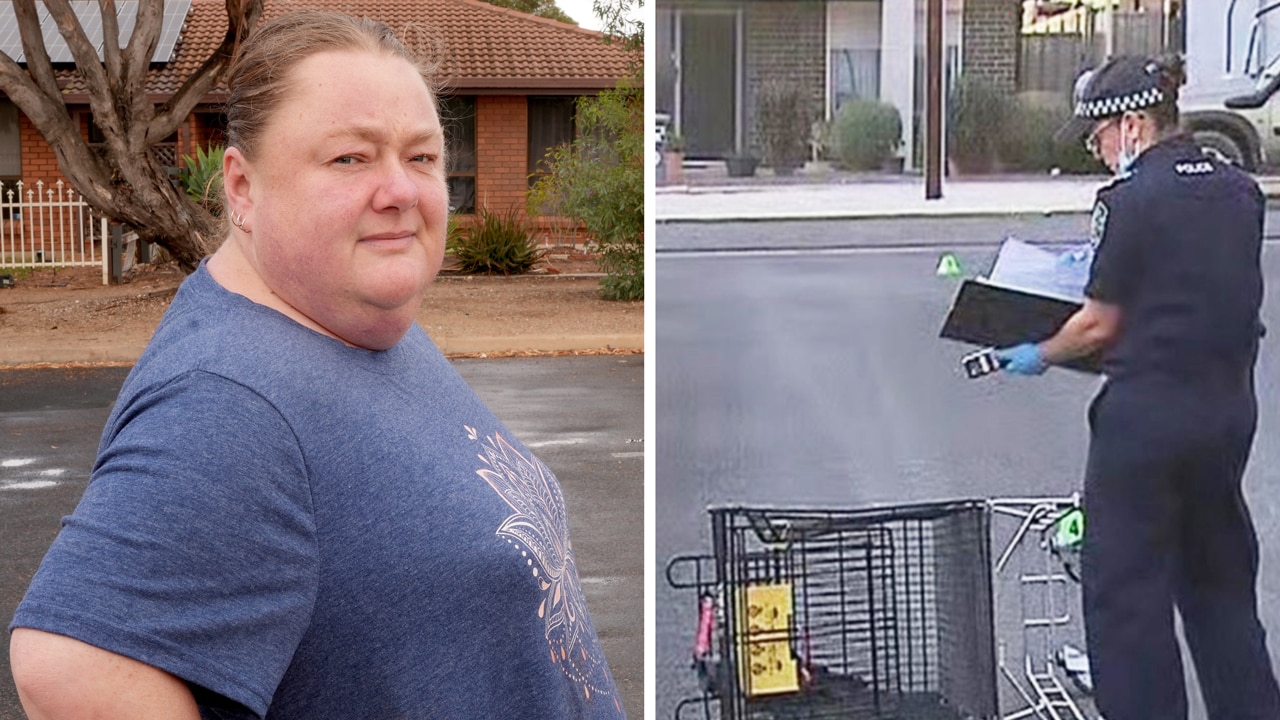Director of Public Prosecutions lodges appeal against former magistrate’s 18-month prison sentence
The prison sentence handed to a former magistrate for abusing his position to avoid a speeding fine is inadequate and should be increased, the DPP will argue.

Police & Courts
Don't miss out on the headlines from Police & Courts. Followed categories will be added to My News.
The 18-month prison sentence handed to a corrupt former-magistrate is manifestly inadequate and should be increased, the Director of Public Prosecutions will argue before the Supreme Court.
Bob Harrap, 61, will spend at least a year behind bars before he is eligible for parole on charges of deceiving another to benefit himself and one count of conspiracy to abuse public office.
However, last week the DPP filed an application for the Supreme Court to increase Harrap’s sentence.
It is understood Harrap, who spent several years as a vociferous magistrate in Christies Beach, is being held in protective custody while behind bars.
Harrap was charged alongside former clerk Melanie Jane Freeman lawyer Catherine Jayne Moyse and Harrap’s partner fired SA Police prosecutor Abigail Foulkes over an attempt to avoid demerit points for a speeding fine.

Harrap resigned from the bench shortly after being charged.
Freeman and Moyse were spared conviction, but Foulkes was convicted and placed on a 12-month good behaviour bond.
The bulk of District Court Judge Paul Slattery’s withering comments at sentencing were saved for Harrap.
“As a magistrate, you made a solemn oath to do right to all manner of people without fear or favour, affection or ill will,” he said.
“On three separate occasions, you deliberately ignored your solemn oath.
“The hallmark of your offending behaviour was your focus upon your own self-interest to the exclusion of the women involved in your offending, over whom you had various levels of influence and power.”
David Edwardson QC, for Harrap, argued for his client to be allowed to serve his sentence on home detention bail.
He said it would be “heartless” to jail Harrap who, he claimed, played an important role in caring for his disabled daughter.
This claim was later thrown into question by Harrap’s eldest daughter who said the claims were an “exageration”.
However, Judge Slattery rejected the submission, saying the only appropriate punishment was an immediate term of imprisonment.



